Certifications
Our alcohol is always REACH and ECHA Art. 95 certified. In addition, the product can also be certified as organic, kosher, Cosmos-approved and GMO-free.
Nedstar is known for its premium-quality molasses alcohol. This exceptional product is primarily derived as a byproduct from sugarcane or sugar beet processing. By utilising this renewable and sustainable resource, we produce molasses alcohol through the process of fermentation, converting the sugars in molasses into ethanol. The applications for this versatile product are wide-ranging, encompassing its use in alcoholic beverages, culinary endeavours, and the extraction of valuable extracts. Additionally, molasses alcohol serves as an excellent choice for biofuel. With its captivating flavours and distinct taste, molasses alcohol, crafted through the fermentation of molasses, gives birth to an array of rum variations, including the indulgent and spiced varieties.
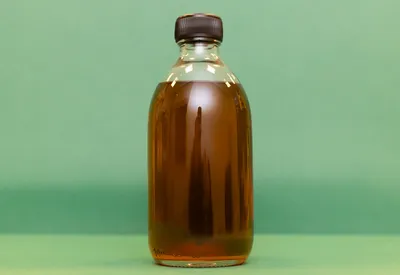


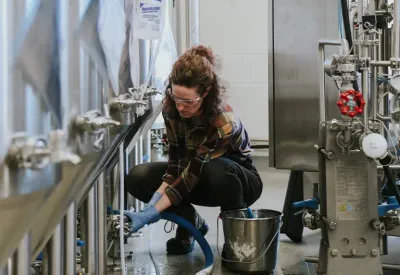
Molasses alcohol is primarily made from molasses, which is a byproduct of sugar production. Molasses is obtained from sugarcane or sugar beet processing. During sugar refining, the juice extracted from sugarcane or sugar beets is boiled to remove the sugar crystals. The residual syrup-like substance left after crystallisation is molasses. This molasses contains residual sugars that can be fermented to produce alcohol.
Molasses alcohol is a versatile product and various properties make it suitable for use in a wide range of industries and processes. Alcohol from molasses is mostly used in the food and beverages industry, followed by some other applications:

Alcoholic beverages
Molasses alcohol serves as a primary ingredient in the production of rum. It contributes to the distinctive flavour profiles of different rum varieties, ranging from light and white rum to dark and spiced rum.
Cocktails and mixed drinks
Molasses-based rum is a popular choice for cocktails and mixed drinks. It adds depth and complexity to classic rum-based molasses liquor cocktails like Mojitos, Piña Coladas, Daiquiris, and Mai Tais.
Culinary applications
Molasses alcohol can be used in cooking and baking to enhance flavours in recipes. It adds a unique sweetness and richness to dishes like rum cakes, sauces, glazes, and marinades.
Confectionery and desserts
Molasses alcohol is often used in the production of confectionery items, such as chocolates, truffles, and fudges. It can also be incorporated into desserts like rum-infused cakes, puddings, and ice creams.
Industrial applications
Molasses ethanol finds applications in industries such as pharmaceuticals, cosmetics, and chemical production. It can serve as a solvent, ingredient, or precursor in the formulation of various products, including medicines, personal care items, cleaning agents, and specialty chemicals.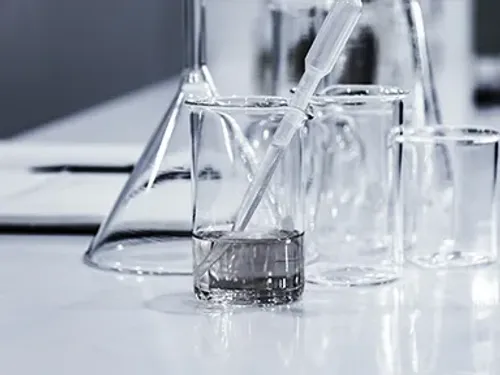
Solvent and extraction
Molasses alcohol can be used as a solvent for extracting flavours, aromas, or active compounds from botanicals, herbs, or spices. It is commonly employed in the production of tinctures, extracts, and herbal remedies.
Chemical synthesis
Molasses alcohol can be utilised as a starting material or feedstock in chemical synthesis processes. It can undergo various chemical reactions to produce a wide range of compounds, including organic acids, esters, aldehydes, and more.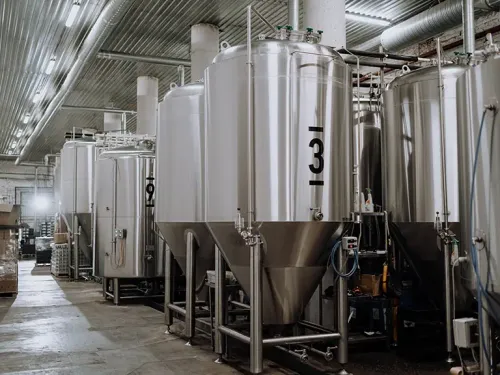
Biofuel
Molasses alcohol can be used as a renewable biofuel. It can be blended with gasoline to create ethanol fuel mixtures that can power vehicles and machinery. Ethanol derived from molasses is considered a sustainable alternative to fossil fuels, reducing greenhouse gas emissions and promoting energy independence.Contact our commercial experts for a tailored offer.


Molasses ethanol, derived from the byproduct of sugar production, is an eco-friendly alcohol with several environmental benefits. Molasses ethanol is considered environmentally friendly for several reasons:
Molasses ethanol utilises a byproduct of sugar production—molasses—which would otherwise be disposed of as waste. By converting molasses into ethanol, it provides a valuable use for this agricultural residue, reducing waste and potential environmental impact.
Molasses is derived from sugarcane or sugar beet, both of which are renewable resources. Unlike fossil fuels, which are finite and contribute to carbon emissions when burned, molasses ethanol is produced from a renewable feedstock, making it a sustainable energy source.
Ethanol derived from molasses generally has a lower carbon footprint compared to fossil fuels. During its lifecycle, molasses ethanol typically releases less carbon dioxide (CO2) and other greenhouse gases when combusted, contributing to lower overall greenhouse gas emissions.
Molasses ethanol has the potential to be carbon-neutral or even carbon-negative. If the CO2 emitted during the combustion of molasses ethanol is recaptured and used for other purposes (e.g., in agriculture or industrial processes), the overall carbon emissions can be offset or reduced, resulting in a net environmental benefit.
Ethyl alcohol, neutral alcohol of agricultural origin
64-17-5
> 96%
Pungent
Colourless

C2H6O
< 2 g/hL
Nedstar stands out as a premier supplier of molasses alcohol and we offer an extensive range of molasses alcohol products, catering to the diverse needs of our customers. We provide tailored solutions to meet specific requirements, and our flexibility to accommodate orders of varying sizes, from IBCs to bulk quantities, exemplifies our commitment to serving businesses of all scales.
Nedstar also recognises the significance of sourcing high-quality molasses from reputable producers and we are committed to sustainable and responsible business practices. We ensure that the molasses used in our production process is derived from reliable and environmentally conscious sources, reflecting our dedication to exceptional quality that consistently meets or exceeds industry standards.
We are a reputable supplier with a strong emphasis on customer service. We have a knowledgeable and responsive commercial team to address inquiries, provide technical assistance, and offer guidance throughout the ordering process. We value long-term partnerships and prioritise building strong relationships based on trust, reliability, and transparent communication.


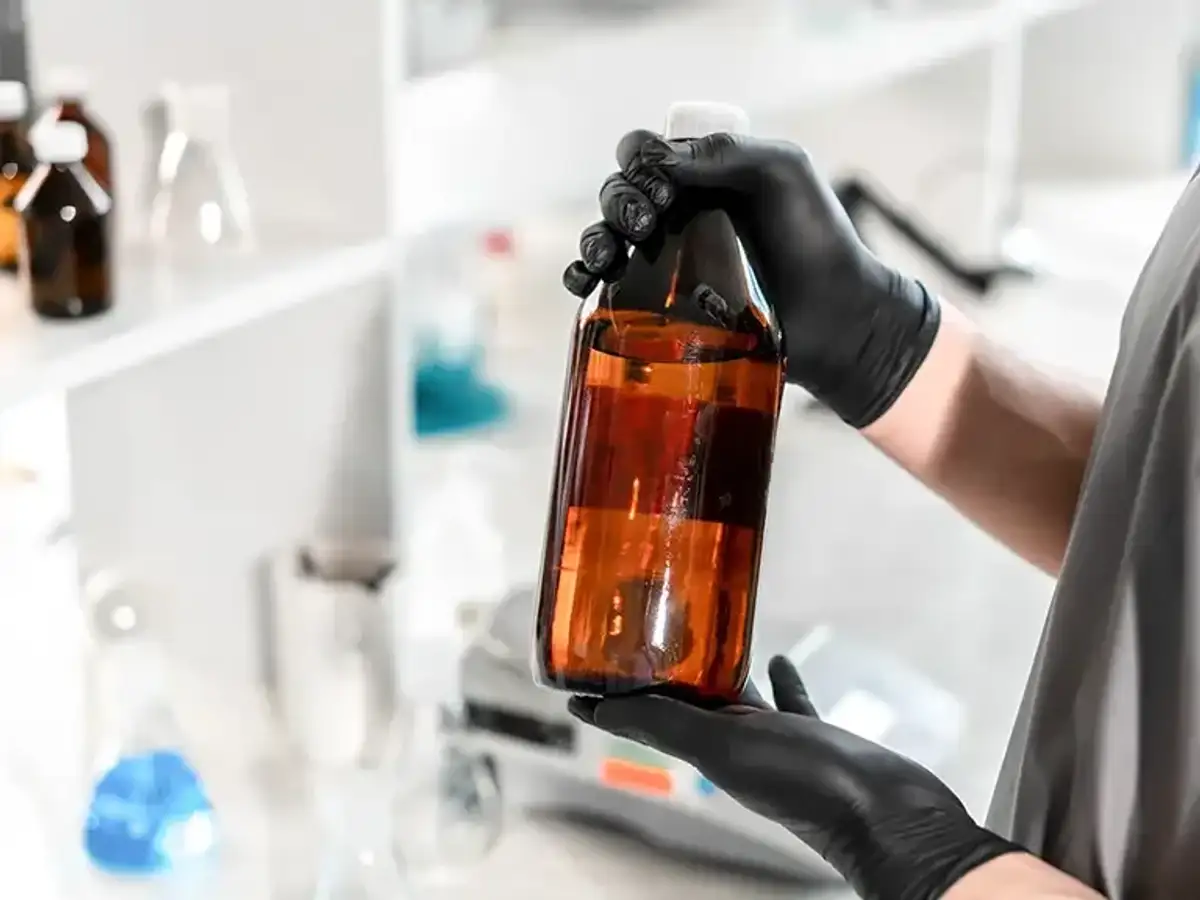

Not all sugar cane alcohol is used for the production of food or drinks. If this is true in your case, and you will be using your organic sugar cane alcohol, say, for perfume, we can denature it for you. Choose from the following denaturants:
Choose your combination of denaturants to create the customised neutral sugar cane alcohol you need or contact us to discuss the various options.
Get in touch with our commercial experts and get your tailored offer.